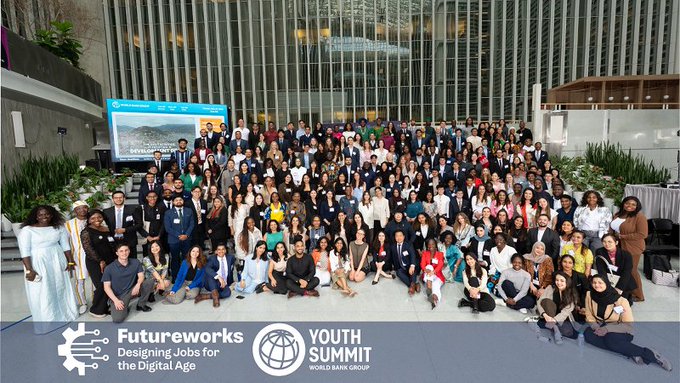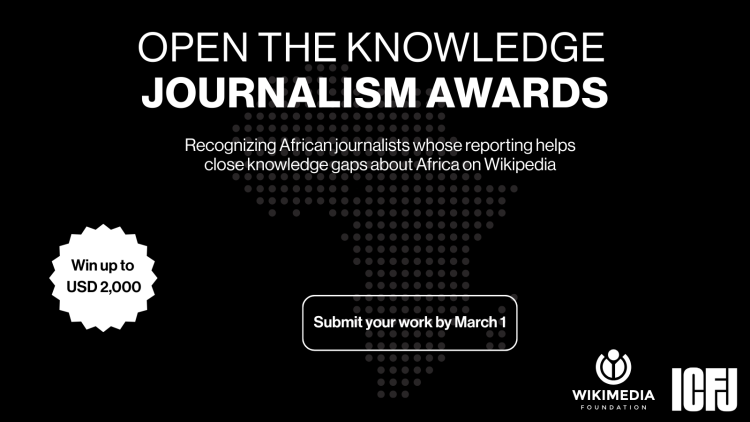
2022 Milken-Penn GSE Education Business Plan Competition (EBPC)
Deadline: April 29, 2022.
Through its dynamic ecosystem, the Milken-Penn GSE Education Business Plan Competition (EBPC) celebrates purpose-driven ventures that address persistent and emerging problems in education. The EBPC is open to applicants worldwide who are committed to tackling systemic barriers in education through innovation and to advancing equitable opportunities for all learners and communities.
ELIGIBILITY
- They welcome education ventures with innovative solutions to educational inequity from around the world, especially those ventures founded by and serving individuals from marginalized and historically underrepresented communities.
- They encourage applicants working in every conceivable educational setting–from early childhood through corporate and adult training.
- Any individual is eligible to enter the Competition by submitting an Entry.
- Teams are eligible to apply. However, you must specify one team member to serve as the primary applicant and point of contact for the application.
- They also welcome both nonprofit and for-profit submissions. Since 2010, areas of focus have included:
- Urban Education
- Connecting Research to Practice
- Teaching & Learning
- Technology in Grades K through 12
- Special Education & At-Risk Students
- Open & Collaborative Solutions: The Education Ecosystem
- Online & Distance Learning in Higher Education
- Global/Borderless Education Solutions
- Early Childhood Education
- Workforce Learning
BEENFITS
- Finalists will be announced on September 1, 2022. Finalists will compete at the EBPC Finals presented by Catalyst @ Penn GSE on October 12, 2022.
- Finalists are required to participate in the EBPC Finals for the opportunity to win cash and prizes. This includes making a recorded pitch and being present for conversations with judges and the live event on October 12, 2022.
APPLICATION
EBPC applicants should describe an issue in education that their venture addresses, offer their venture’s solution, and discuss scaling possibilities to demonstrate the equitable outcomes their proposed innovation can bring to the field of education and additional settings. Important elements of business plan applications include (but are not limited to):
- PRODUCT OR SERVICE: Describe the innovative product(s) or service(s) that your venture offers, including the persistent or emerging issue(s) in education that your solution addresses, details about your organization, its mission statement, and any key partnering organizations involved in your venture.
- PEOPLE: Discuss your organization’s management team, including project leadership, backgrounds and expertise of key personnel, staff members, and overall organizational structure. Demonstrate why your team is best suited to lead your venture and to address the specific needs of the communities you intend to serve.
- MARKET: What is your target market(s), and who are your target customers? Which communities do you specifically intend to serve? Discuss the viability, readiness, and descriptions of your target market(s) and explain your marketing strategy to communicate with and successfully reach customers in those communities.
- COMPETITION: Explore existing competitors (with examples) that provide similar product(s) or services(s) to what you offer. Discuss your competitive advantage: how will you differentiate your venture to secure your market(s) and ensure the viability of your business? Discuss barriers to entry and any liabilities your organization may face.
- FINANCES: Provide financial details including all expected income and expenses (current and anticipated) for years one, two, and three of your financial plan. Consider how your organization will scale and remain financially sustainable.
- EQUITY: Describe how your product or service addresses systemic barriers in education to support underserved communities and demonstrate your venture’s potential impact on equitable outcomes in teaching, learning, and/or education.
- MATERIALS: Submissions also include a digital slide deck presentation (PowerPoint or similar format; required; 15 slides maximum) and a 60-Second Video Pitch (optional, but highly recommended).



